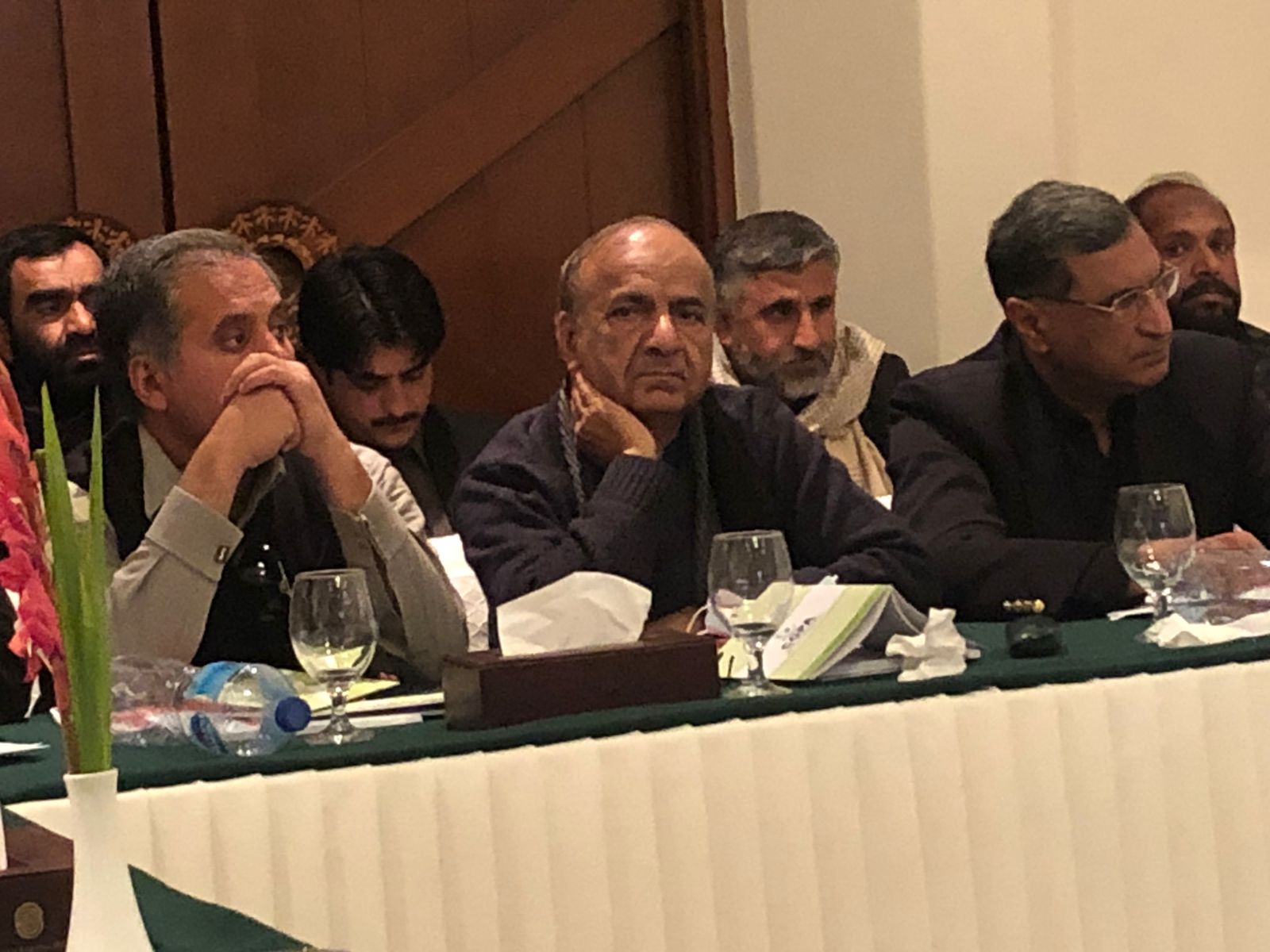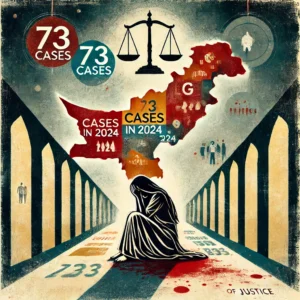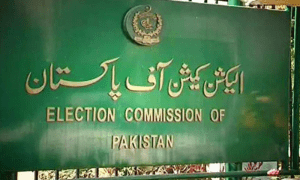No information commission in Balochistan despite passage of RTI Act
Syed Ali Shah :
QUETTA: Balochistan government is yet to establish an information commission despite the passage of the Right to Information (RTI) Act in February 2021. This was revealed at a seminar ‘facilitating citizens’ access to information at a local hotel on Monday.
“Almost a year passed since the passage of the bill, the Balochistan government has not established commission”, Muhammad Azam Chaudhary, the Chief Information Commissioner revealed at the seminar. The Pakistan Information Commission and Democracy Reporting International (DRI) had organized an event that thoroughly discussed the RTI and access to information. Lawyers, journalists, information officers, political activists, and people belonging to various walks of life participated in the meeting.
Aftab Alam, a media expert thoroughly briefed the participants about the RTI bill in the country.
“All three provinces established information commissions, but Balochistan has not formed”
“All three provinces established information commissions, but Balochistan has not formed”, Zahid Abdullah, the Information Commissioner lamented. He stated that civil society and media have to mount pressure on the government to form the commission. Zahid Abdullah informed that the Sindh information commission has failed to give a single judgment within three years despite getting better perks and privileges.
“This is irony of fate that Balochistan government has not established the commission”, Ghulam Nabi Marri, the central leader of the Balochistan National Party (Mengal) said. Access to information is indeed a challenge in Balochistan, Mr. Marri stated.
Right to information improves governance
“Right to information improves the performance of departments”, Fawad Malik, another information commissioner mentioned. He said awareness needs to be created among the people so that they could exercise their right to information in the country.
The speakers spoke at length about the issues in getting information from government departments. The participants put critical questions before the information commissioners regarding access to information.







1 comment